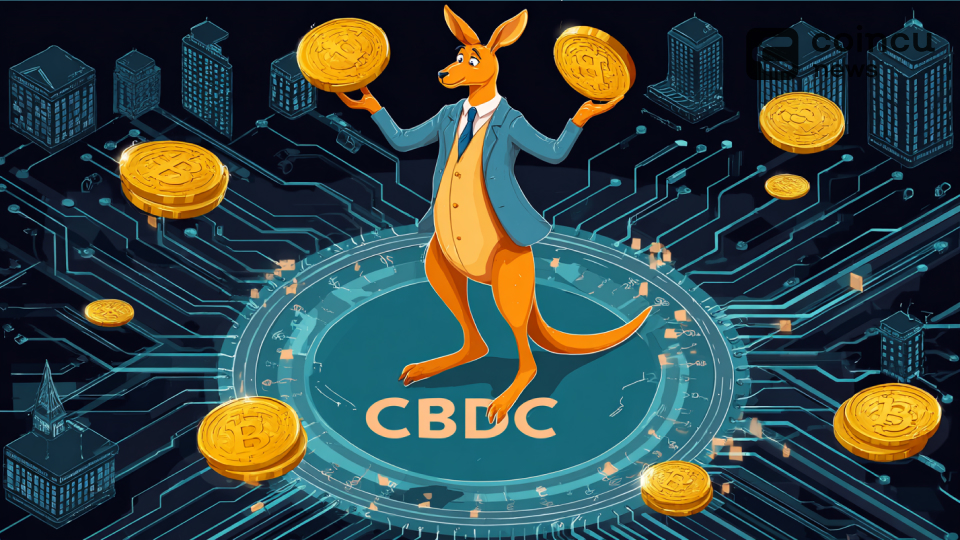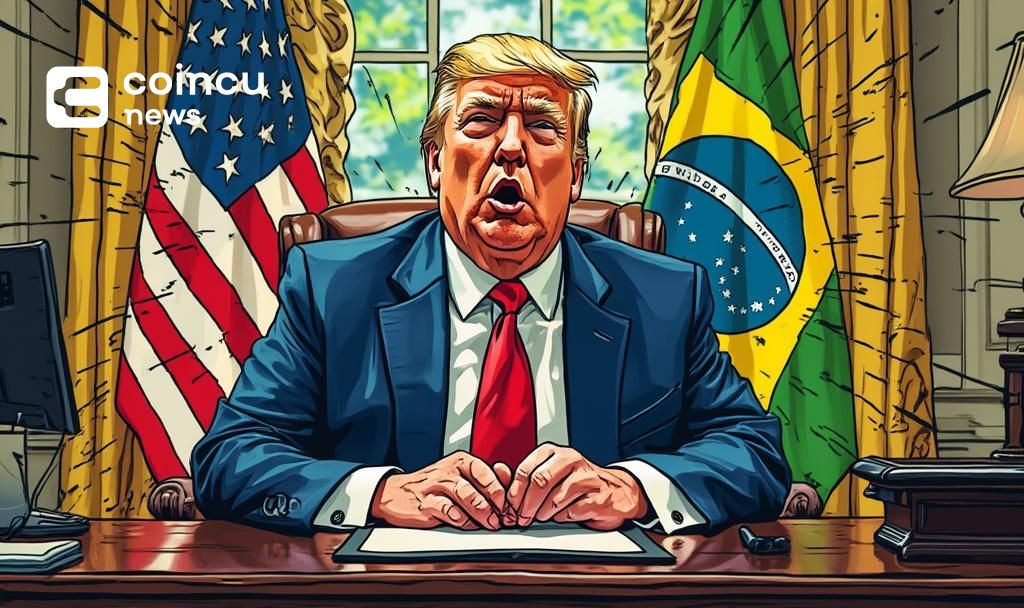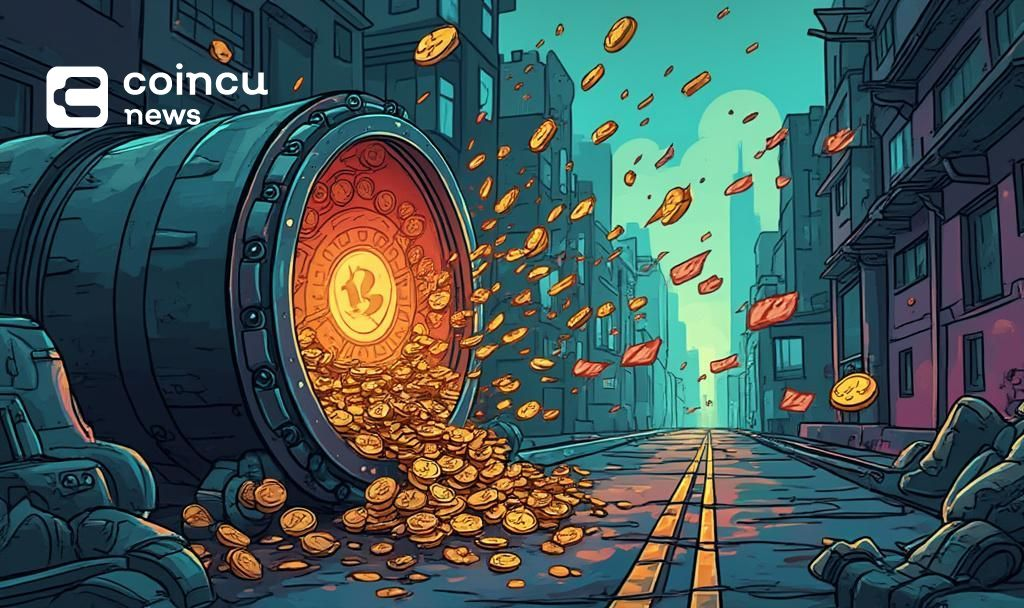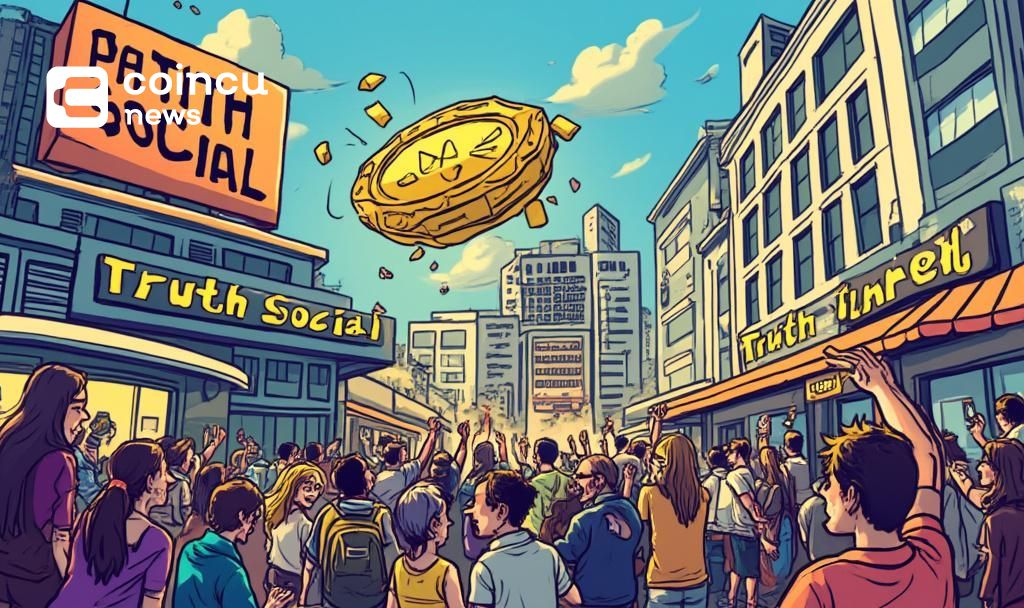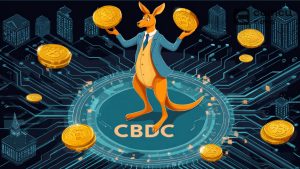$111059.002
At CoinCu News, we give both basic and in-depth articles on the latest news in the cryptocurrency and blockchain sectors.
Author
News
RBA Expands CBDC Tests With 24 New Use Cases
The RBA launches 24 new trials under Project Acacia to explore CBDCs, stablecoins, and tokenized
Jul
Andreessen Horowitz Moves Main Business Entity to Nevada
Andreessen Horowitz relocates its main business entity from Delaware to Nevada, citing judicial concerns.
Jul
Bitcoin Surge Unverified Amid 159,107 BTC Balance Claims
Claims of 159,107 BTC added to corporate balance sheets in Q2 2025 remain unconfirmed by
Jul
Ant Group Prepares to Integrate Circle’s USDC Stablecoin Globally
Ant Group plans global USDC integration through Ant International, pending US compliance, impacting payments and
Jul
Trump Announces 50% Tariff on Brazilian Imports
Trump claims 50% tariffs on Brazilian goods; Lula refutes deficit narrative. U.S.-Brazil trade dynamics scrutinized.
Jul
Solana Launchpad Market Sees Pump.fun Rise Amid Token Announcement
Solana launchpad Pump.fun rises to 49.6% market share after token issuance news.
Jul
GMX Exploit Results in $42 Million Theft
GMX's decentralized platform faces a $42 million hit after a smart contract exploit manipulates its
Jul
Bhutan Government Deposits 350 BTC into Binance
Bhutan's government deposits 350 BTC into Binance, reflecting strategic crypto market involvement.
Jul
Truth Social Introduces Utility Token in Loyalty Program Initiative
Truth Social's new utility token partners with Patriot Package, enhancing user engagement on the platform.
Jul
[tptn_list how_old="7" limit="5" title_length="0" heading="0" show_date="0" ]
[tptn_list how_old="30" limit="5" title_length="0" heading="0" show_date="0" ]








